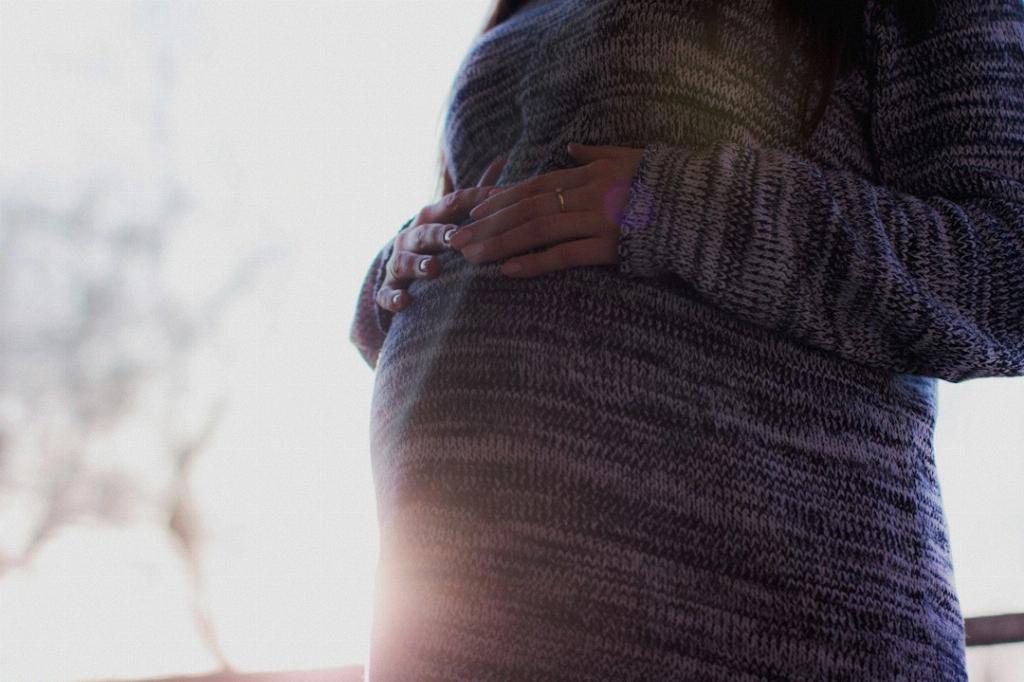When it comes to ectopic pregnancies, there are certain factors that may increase the likelihood of experiencing this particular type of pregnancy complication. Understanding who is most at risk can help individuals be more aware of the signs and symptoms associated with ectopic pregnancies.
1. Women Undergoing In Vitro Fertilization (IVF) Treatments
Research has shown that women undergoing in vitro fertilization (IVF) or similar assisted reproductive technologies may be at a higher risk of experiencing an ectopic pregnancy. The reasons for this increased risk are not entirely clear, but it is essential for individuals undergoing such treatments to be vigilant and seek medical attention if they suspect an ectopic pregnancy.
2. Women with Infertility Issues
Individuals facing infertility challenges may also have a higher likelihood of experiencing an ectopic pregnancy. Infertility itself may be a contributing factor to the increased risk, highlighting the importance of discussing any concerns or symptoms with healthcare providers.
3. History of Tubal Surgery
Surgeries aimed at correcting closed or damaged fallopian tubes can inadvertently raise the risk of ectopic pregnancies. It is crucial for individuals with a history of tubal surgeries to be aware of this potential risk and engage in regular medical check-ups to monitor their reproductive health.
4. Previous Ectopic Pregnancy
Having had an ectopic pregnancy in the past can increase the chances of experiencing another one in the future. Individuals with a history of ectopic pregnancies should work closely with their healthcare providers to manage and monitor their reproductive health effectively.
5. Smoking and Ectopic Pregnancy Risk
Smoking tobacco has been linked to an increased risk of ectopic pregnancies. The harmful chemicals in cigarettes can affect the fallopian tubes and the transportation of the fertilized egg, potentially leading to ectopic pregnancies. Quitting smoking can help reduce this risk.
6. Use of Intrauterine Device (IUD)
While rare, individuals using intrauterine devices (IUDs) for birth control may have a slightly higher risk of experiencing ectopic pregnancies compared to those using other contraceptive methods. It is crucial to follow up with healthcare providers regularly while using an IUD.
7. Pelvic Inflammatory Disease (PID)
Pelvic inflammatory disease, often caused by untreated sexually transmitted infections, can lead to inflammation and scarring of the fallopian tubes, increasing the risk of ectopic pregnancies. Early detection and treatment of PID are essential in reducing this risk.
8. Age and Ectopic Pregnancy
Advancing age, especially for individuals above 35 years old, may also play a role in the likelihood of experiencing ectopic pregnancies. It is crucial for older individuals to be aware of this potential risk and seek medical assistance promptly if they suspect they may have an ectopic pregnancy.
9. Endometriosis and Ectopic Pregnancy Risk
Endometriosis, a condition where tissue similar to the lining of the womb grows outside the uterus, may increase the chances of having an ectopic pregnancy. Understanding the relationship between endometriosis and ectopic pregnancies can help individuals manage their reproductive health effectively.
10. Use of Assisted Reproductive Technologies
Besides IVF, other assisted reproductive technologies may also pose a slightly higher risk of ectopic pregnancies. Individuals undergoing treatments like intrauterine insemination (IUI) should be vigilant about any symptoms that could indicate the presence of an ectopic pregnancy.
11. Ectopic Pregnancy and STIs
Untreated sexually transmitted infections (STIs), such as chlamydia or gonorrhea, can cause infections in the fallopian tubes, leading to an increased risk of ectopic pregnancies. Regular STI screenings and prompt treatment are crucial in reducing this risk.
12. Body Habitus and Ectopic Pregnancy
While body habitus, such as having a low body mass index (BMI) or being underweight, is not a direct cause of ectopic pregnancies, certain factors related to body habitus may impact the reproductive system and contribute to an increased risk. Maintaining a healthy weight and lifestyle can positively influence reproductive health.

